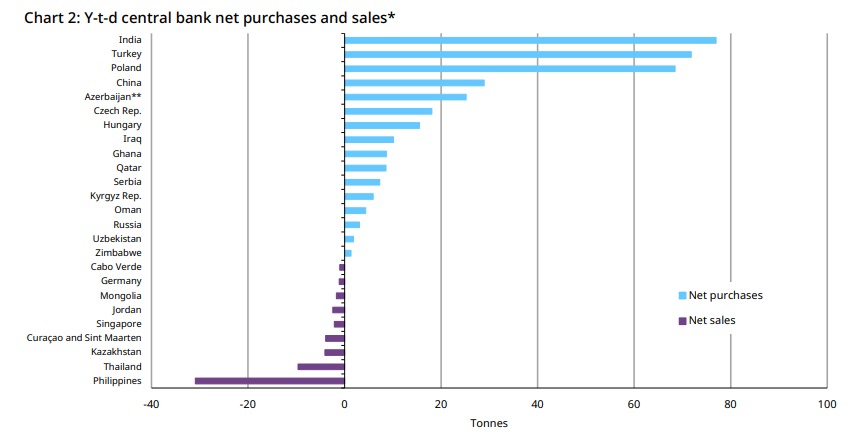

Dating someone with low self-esteem can present unique challenges and considerations.
Here are five reasons why you might want to think twice before entering into a relationship with a man who struggles with self-esteem issues:
Constant reassurance needed
A man with low self-esteem may require continuous validation and reassurance from his partner. This can be emotionally draining and may create an imbalanced relationship where one partner's needs dominate the emotional landscape.
Jealousy and possessiveness
Low self-esteem can often lead to feelings of insecurity about a relationship. This insecurity can manifest as jealousy or possessiveness, where the person feels threatened by their partner’s interactions with others or perceives risks where there are none. Such behaviour can strain the relationship and create unnecessary conflict.

Difficulty handling conflict
Conflict is a natural part of any relationship, but men with low self-esteem may struggle with it more intensely.
They might either avoid confrontation due to fear of criticism or escalate conflicts because they feel attacked or inadequate. This can hinder healthy communication and resolution of issues.
Limited personal growth
Being in a relationship with someone who has low self-esteem might limit both partners' personal growth. The partner with low self-esteem might depend too heavily on the relationship for their happiness and self-worth, preventing both individuals from pursuing their own interests and personal development.
Negative impact on self-esteem
The challenges of dealing with a partner's low self-esteem can also start to affect your own self-esteem and mental health. The constant need to uplift another person and manage their insecurities can be exhausting and might lead to feelings of resentment or decreased self-worth.
It’s important to approach relationships with empathy and understanding, but also with a clear sense of your boundaries and emotional needs.
If you decide to pursue a relationship with someone struggling with self-esteem issues, consider encouraging them to seek professional help or counselling to address these challenges together.
Read Full Story














Facebook
Twitter
Pinterest
Instagram
Google+
YouTube
LinkedIn
RSS